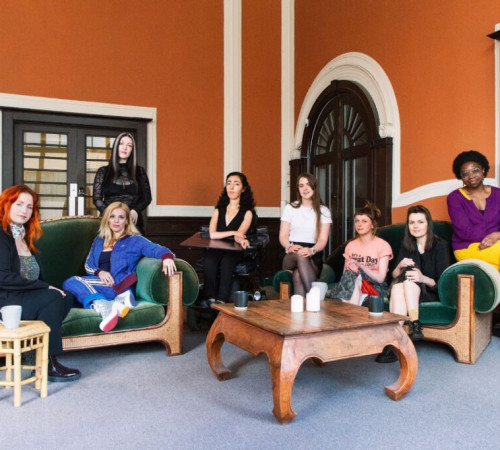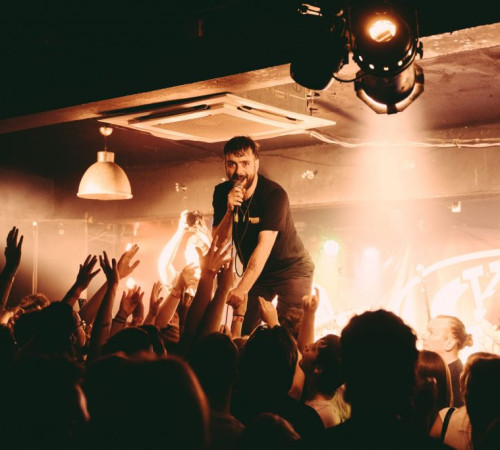
OVER the past few days, Glasgow has played host to the UK’s first ever Live Music Census.
Carried out over six cities in the UK, the special project has been designed to take a snapshot of current trends in live music while assessing the cultural and economic value of the live industry across the country.
Starting at noon on Thursday (9th March), volunteers around Glasgow, Newcastle, Oxford, Leeds, Southampton and Brighton began recording data from performances of all shapes and sizes in their respective cities, from lone buskers to stadium concerts; taking in a variety of information such as musical genre, venue, door charge and audience demographic.
Led by the universities of Edinburgh, Newcastle and Glasgow, the aim of the study is to quantify the nationwide challenges the industry is facing and inform policy to help it flourish.
Prof Martin Cloonan, professor of popular music politics at Glasgow University, said: “What is being proposed has never been done before and is set to reveal the true state of the UK’s live music industry
“Live music is a vital cultural and economic asset and it is important to monitor its health and to support it. The results will help to provide the clearest picture of the Glasgow live music scene yet, illustrating that vibrancy while also show issues which need to be addressed.
Explaining the need for the project, UK Live Music Census have said: “Our previous research shows that the way that different local councils deal with live music and venue licensing can have a profound effect on live music provision, but also that it is difficult for them to make informed decisions given the variety of approaches used in previous reports
“By bringing together representatives of the music industry, policymakers and academics to help to design the surveys and promote them nationwide, this project will assist all of us by providing a method and framework we can all agree on for assessing the scope and value of live music in the UK.”
A nationwide online survey for musicians, venues, promoters and audiences will also be open until 8 May as part of the ongoing investigations. You can contribute here.








